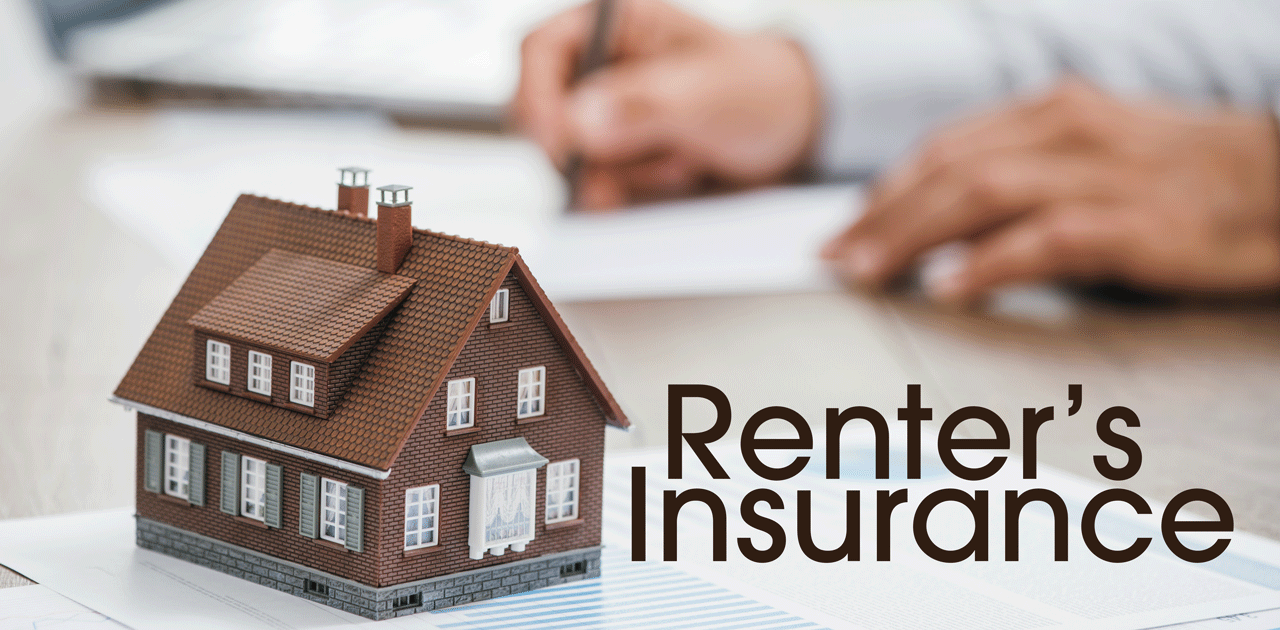Does Homeowners Insurance Cover All-natural Calamity Damages? HO-3 is an 'open risk' or 'all-risk' plan, implying that the house and various other frameworks have protection from any peril that is not excluded from the plan. Nonetheless, personal property is a 'called perils' coverage, which only has coverage from dangers provided in your policy files. Protections A with D are the ones usually impacted by all-natural calamities. Sinkholes can occur as a result of water disintegration causing tooth cavities within the ground, which can result in large problems to a home. Florida is especially susceptible to sinkholes compared to various other locations in the country. In regions prone to seismic task, standard home owners' and business property insurance plan do not generally cover quake damage. Consequently, individuals and organizations in these areas need to acquire a separate quake insurance plan to make sure insurance coverage for losses resulting from earthquakes. Natural catastrophes can strike at any moment, leaving a trail of destruction and devastation. Named storm deductibles are commonly in between 1% and 10% of the home's worth. You can obtain protection for these events, yet you need to get an endorsement or standalone natural catastrophe insurance policy. Your state might also mandate insurance provider supply a certain degree of insurance coverage. Keep reading to read more concerning what protection you could have after a natural disaster. Delaware has had the fewest all-natural calamities on record because 1953.
Best Homeowners Insurance in Utah for (2024) - Insurify
Best Homeowners Insurance in Utah for ( .
Posted: Mon, 13 Feb 2023 08:00:00 GMT [source]
Which Natural Disasters Does My Property Owner's Insurance Policy Cover?
Some risks are consisted of, while others are excluded on a house owner's insurance coverage. Typically, an insurance plan for your home will cover any kind of problems as a result of hail, wind, fire, or lightning. Nevertheless, most of these policies vary on the degree of insurance coverage they offer. For example, an HO3 supplies home insurance policy coverage for a broad variety of threats, while a DP1 policy is the most standard degree of protection for rental building or homes that are usually uninhabited. Home owners insurance will typically cover damages connected to tornadoes and typhoons, such as hail or wind damage. Nonetheless, if you reside in a tornado or hurricane-prone location, you could require to buy windstorm insurance coverage.Mudflows and mudslides: Will your insurance cover home damage caused by these natural disasters? - AccuWeather
Mudflows and mudslides: Will your insurance cover home damage caused by these natural disasters?.


Posted: Business Vehicle Coverage Thu, 11 Jul 2019 06:47:38 GMT [source]
Natural Disaster-related Data And Data
Instead, homeowner have to purchase separate flood insurance coverage if they intend to be covered for flood-related damages. Homes and residential properties with home loans that are located in high-risk flood areas are needed to have flood insurance policy. Many conventional homeowners insurance policies cover the house and individual possessions if they are harmed as a result of extreme cold. If a pipe ruptureds as a result of the cool, the pipe may not be covered, however the damage it triggers must be. While water is the major reason for a mudslide, flooding insurance coverage does not apply to this scenario. You can even acquire a "Distinction in Conditions" policy to insure your home versus these threats, as it's usually an add-on endorsement or it's offered separately. While numerous insurance coverage cover hurricanes, sometimes cyclones are omitted. This is especially true if you stay in a risky area like Florida or Texas that frequently has unsafe storms.- A surge brought on by trouble or civil turmoil need to also be covered.Quake insurance coverage is a certain type of protection developed to safeguard against damages brought on by earthquakes.Several all-natural disasters are covered for the most part, while quakes and flooding are never ever covered by common home insurance policy.In some seaside locations susceptible to typhoons, insurance providers might have separate deductibles or exemptions for cyclone or hurricane damage.Such blackouts are common in the united state because of all type of negative or stormy weather condition, and renters and home policies won't start unless there is actual damage to your home.